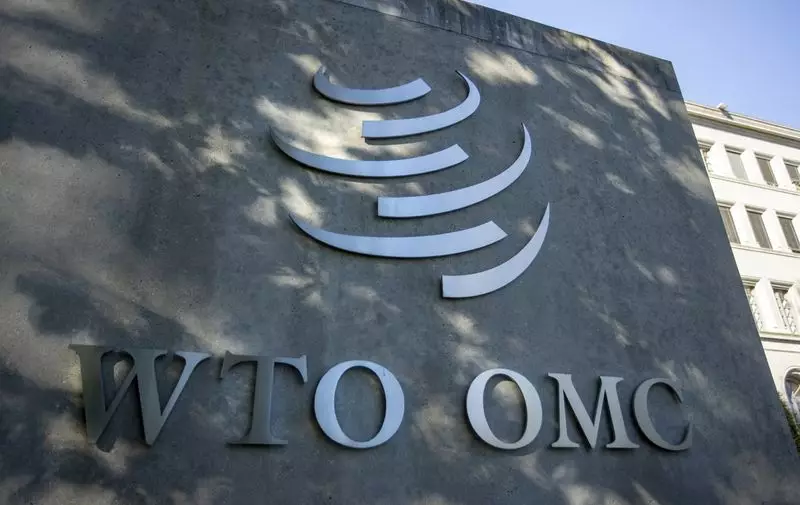In a significant development for international commerce, the World Trade Organization (WTO) has announced that its next ministerial conference will take place in Cameroon from March 26 to 29, 2026. This decision comes at a crucial time, reflecting both the potential and the challenges faced by the WTO as it navigates complex global trade dynamics. The choice of Cameroon not only emphasizes the importance of African nations in the global trade arena but also sets the stage for discussions on sustainable development and investment opportunities across the continent, as noted by Cameroon’s ambassador, Salomon Eheth.
Hosting the WTO meeting in Cameroon serves multiple purposes. Firstly, it positions Cameroon as a focal point for international trade dialogue, showcasing its unique economic landscapes and the broader aspirations of African countries. As globalization continues to reshape trade relationships, the importance of facilitating discussions in emerging markets cannot be overstated. By choosing Cameroon as the venue, the WTO aims to highlight various investment potentials that Africa holds, which have often been overlooked in favor of more developed economies. This can catalyze a new interest in African markets and promote partnerships that are crucial for sustainable growth.
Despite the optimism surrounding this announcement, the path forward for the WTO is fraught with challenges. Recent history has shown that the organization has struggled to achieve tangible results, particularly during its last meeting in Abu Dhabi, which culminated in limited agreements among its 166 member nations. This stagnation could be attributed to growing protectionist sentiments and rising trade tensions, especially with a highly contentious figure like U.S. President-elect Donald Trump set to return to the White House. As trade wars loom, the WTO’s efficacy in fostering collaborative agreements is under scrutiny, raising questions about its capacity to adapt to geopolitical shifts.
WTO Director-General Ngozi Okonjo-Iweala’s assertion that a new strategy is essential for breaking the current stalemate resonates strongly with the state of global trade. Her call for negotiators to concentrate on making measurable progress highlights the urgency of innovation in trade dialogues. The traditional methods of negotiation must evolve, embracing creative solutions that address both the immediate needs of member countries and the broader implications of global trade policies. There is a clear necessity to foster an environment where results can be achieved, encouraging member states to prioritize collaboration over competition.
Looking Forward
As we anticipate the 2026 ministerial conference in Cameroon, there is cautious optimism about the potential for meaningful discussions and agreements. The spotlight will undoubtedly be on how effectively the WTO can recalibrate its strategies to meet the needs of an increasingly complex global trade landscape. African nations, particularly Cameroon, hold significant promise for the future of trade, and this conference could either mark a turning point for diplomatic engagement or further entrench the existing challenges that the WTO faces. The world will be watching closely to see if this gathering can transcend the barriers that have hindered progress and forge a path toward sustainable and equitable growth for all member states.

